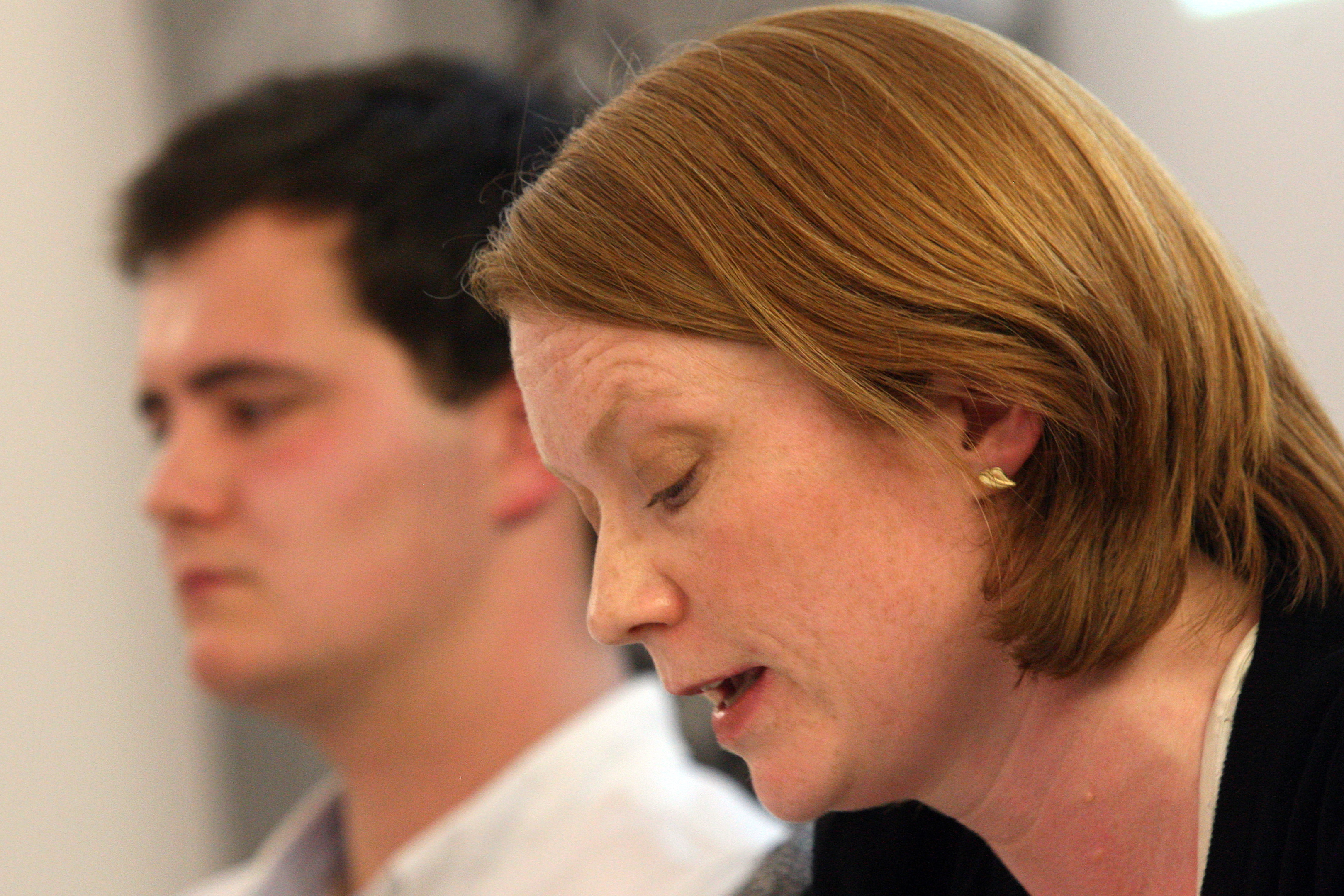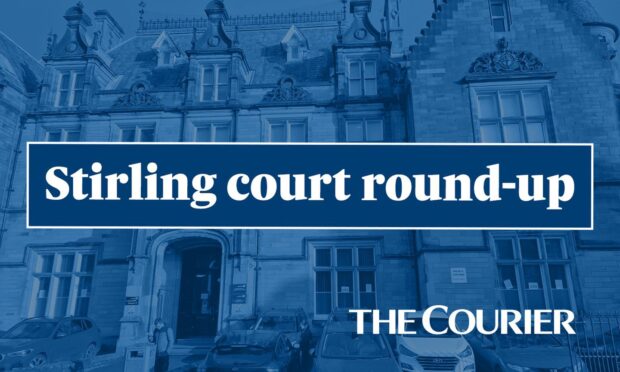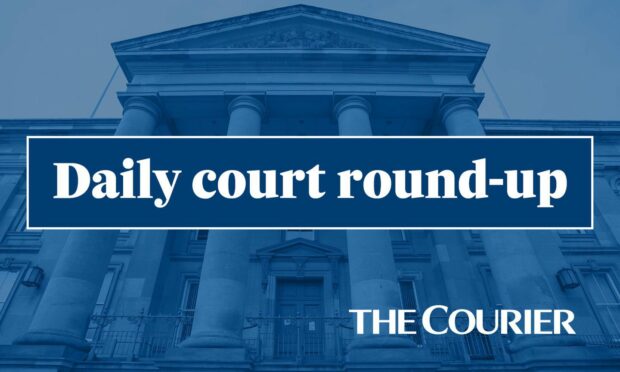Universities have urged the UK Government to give an immediate reassurance that the immigration status and rights of European Union (EU) nationals in Scotland will not change in future.
Almost a quarter of researchers in Scottish universities are from other EU countries, Universities Scotland said in a joint statement with the Scottish Government.
Universities welcomed a commitment by EU research commissioner Carlos Moedas that the UK will retain full access to EU research programmes like Horizon 2020 “until the end of the negotiations”.
They have called for a post-Brexit deal that allows Scotland to continue to play “a full role” in European research programmes after the UK leaves the EU.
They have also called for the reintroduction of the post-study work visa to ensure EU students can continue to work in Scotland if they lose their automatic right to remain when Brexit is completed.
Universities Scotland stopped short of endorsing the Scottish Government’s objective to maintain Scotland’s “existing relationship” with the EU.
The statement said: “The UK Government has stated that ‘there has been no change to the rights and status of EU nationals in the UK’ and we are seeking immediate reassurance that the immigration status and rights of EU nationals currently living in Scotland will not change in future.
“We believe that the outcome of the EU referendum makes it even more important that the UK Government supports the reintroduction of a post-study work visa in Scotland to enable our universities to continue to attract and retain talent from across the world.
“The Scottish Government’s overriding objective is to protect and maintain Scotland’s existing relationship with the European Union.
“The Scottish Government and Universities Scotland share the objective of enabling Scotland to continue to play a full role in European research programmes.”
Professor Andrea Nolan, convener-elect of Universities Scotland and principal of Edinburgh Napier University, said: “We will keep working to secure solid assurances that the immigration status and rights of EU nationals currently working and living in our institutions will not change in future.
“Our staff need and deserve that certainty, and Scottish higher education needs the ability to continue to attract and retain the best talent.”
She added: “We have been encouraged by the support shown to us by the research community across the EU. We know from many different sources that our desire to continue these partnerships is reciprocated.”
Edinburgh University senior vice-principal Professor Charlie Jeffery said: “We are committed to maintaining our research and exchange partnerships across Europe and beyond.
“Our engagement internationally makes a major contribution to the £2 billion annually the university generates for the Scottish economy.”
Education minister Shirley-Anne Somerville insisted Scotland “would remain an active partner in international research programmes and continue to benefit from EU and international funding”.
She said: “I do hope that despite Brexit, this reassurance from the government and Universities Scotland goes some way to encourage researchers based in Scotland and their European partners in many collaborative research programmes that Scotland’s universities are well and truly open for business.”
ends









